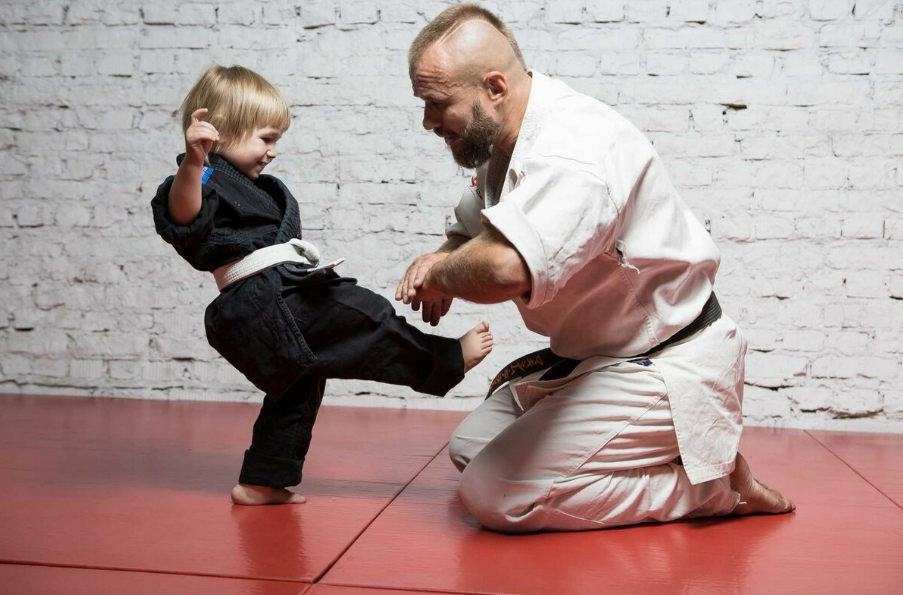
Martial arts are traditionally associated with physical development, discipline, and self-control. However, the question of whether these practices can be beneficial for children with autism is gaining increasing popularity. Studies prove that martial arts can have a significant positive impact on the development of children with autism spectrum disorders, helping them improve not only physical skills, but also social, cognitive, and behavioral aspects. IZ writes about this with reference to Psychology today.
Content
- Physical activity as the basis of development
- The impact of physical exercise on behavioral and social skills
- How martial arts help children with autism
- Personalized training programs for children with autism
Physical activity as the basis of development
Physical activity is an important element of development for both children and adults. For children with autism, physical exercise can be not only a way to improve health, but also an effective tool for developing motor skills, coordination and social skills. Martial arts include a variety of exercises that promote the harmonious development of the body and mind, which makes them especially useful for children with autism.
The impact of physical exercise on behavioral and social skills
Studies conducted in China and Poland have found that exercise can have a significant impact on the development of children with autism. The study authors, including Yanan Wang, Guping Qian, Suzhi Mao, and Shikun Zhang, analyzed various types of physical activity, including martial arts, and found numerous benefits for children on the autism spectrum.
A study published in the journal Frontiers in Pediatrics found that regular exercise has a positive impact on several important aspects of development:
- Cognitive control : Older children have shown progress in controlling emotions and social situations.
- Motor skills and coordination : Younger children have improved motor skills and coordination, which has a positive impact on their daily lives.
- Social skills : Preschoolers have shown significant progress in social interaction, learning to interact with others through movement and play.
How martial arts help children with autism
Martial arts offer holistic approaches to development through conscious movement that improves sensorimotor interaction. This allows for improved social skills, self-control, and reduced stereotyped behavioral patterns. Many trainers and specialists confirm that martial arts training helps children with autism adapt to social norms and interact with others.
Thanks to this approach, children with autism not only benefit from physical development, but also from improvements in their ability to perceive social cues and identify emotions in different situations. This is confirmed by research, as well as the experience of trainers who have experience working with children on the autism spectrum.
Personalized training programs for children with autism
One of the important conclusions of scientific research is the need to personalize training programs for children with autism. To achieve maximum results, it is important to take into account the individual characteristics of each child, their age, abilities and needs. Only in this way can effective skill development and maximum benefit from martial arts training be ensured.
Developing personalized training plans is key to success. These programs should take into account not only the child's physical level of development, but also their social and emotional needs, which will allow for better outcomes for children with autism.
As a reminder, we previously wrote about what happens if you eat sprouted grains.
